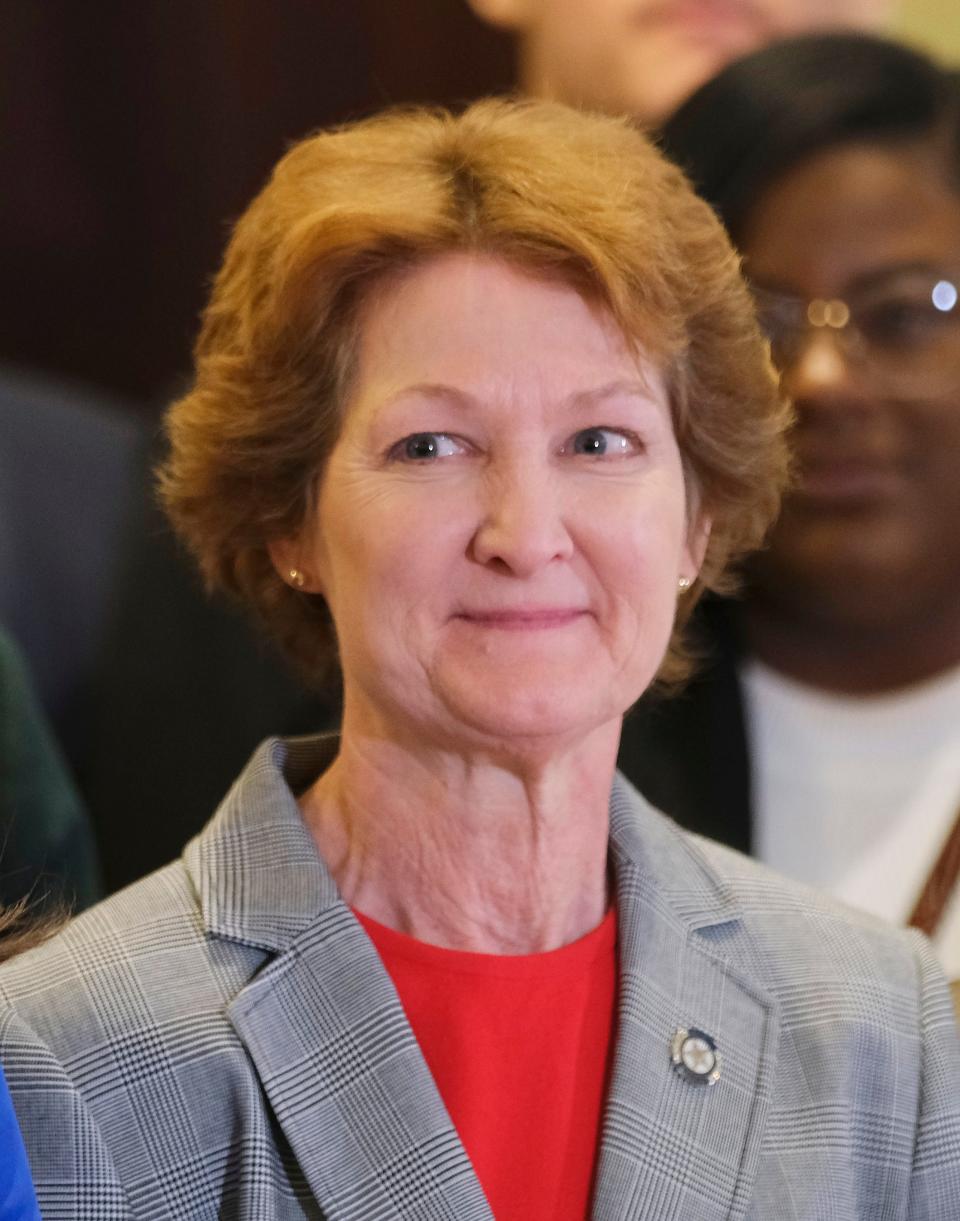Oklahoma Senate measure on how judges are selected is a power grab for partisan politics
In the 1960s, the nation watched one of the worst judicial scandals in U.S. history unfold, right here in Oklahoma. The corruption exposed in the state’s Supreme Court included bribery, kickbacks, and tax evasion. Justices were literally trading their decisions for money. In the aftermath of this betrayal of public trust, Oklahomans went to the polls and approved landmark judicial reforms to restore the integrity of the court.
The reforms included ending the partisan election of justices and shifting their selection to the Judicial Nominating Commission (JNC), created to vet qualified applicants and make recommendations to the governor, who would then make the final selection. The JNC has 15 members, including six attorneys, with at least one representing each of the state’s congressional districts. Six members are appointed by the governor, with no more than three of those appointments belonging to any one political party. The final three members are not attorneys, nor can they have immediate family members who are attorneys, and these seats are chosen by at least eight members of the JNC. As a further check and balance, residents are given the right to vote on whether to retain justices every six years.
Ending those partisan elections and creating the JNC strengthened the independence of the courts, removed the politics, and restored their integrity. Since adopting these reforms, we have not seen the terrible scandals that came to light in the 1960s. But now a proposed constitutional amendment is making its way through the Legislature that could undo those reforms in what is an obvious attempt to gain control of the courts. There are those who will not be satisfied until the judiciary is no more than an echo chamber for the governor and party that succeeds in appointing the majority justices. What will result will not be justice, and it will put the rights of countless Oklahomans at risk.
Under Senate Joint Resolution 34, the governor would appoint justices with confirmation by the Senate, inserting partisan politics into the process for the first time in some six decades. And if the public believes the justices are not approaching their cases impartially, but determining their rulings based on their political views rather than the facts and the law, they will have no recourse. SJR 34 would end the right of our residents to vote on retaining those justices.
More: Bill could give Gov. Kevin Stitt ability to appoint majority of Oklahoma Supreme Court
The judiciary does not exist to rubber-stamp the political views of a governor or a political party. Under the Oklahoma Constitution, the judiciary is a co-equal, independent branch of government. The reforms that have ensured the court’s independence and integrity for more than half a century are at risk. Those in the majority who say otherwise should be mindful that their party will not always be in control. Would those calling for these changes feel the same way if the governor and Legislature were not from their party? That is highly doubtful.
This effort is nothing more than a power grab that would reinsert partisan politics into the judiciary, remove the vetting process to promote impartial, qualified candidates without regard to political affiliation, and end the public’s right to vote on retention. SJR 34 would represent a tremendous step backward for our state.

Sen. Kay Floyd, a Democrat, represents District 46 and is the minority leader in the Oklahoma Senate.
This article originally appeared on Oklahoman: Senate measure would end Oklahomans' right to vote on retaining judges

